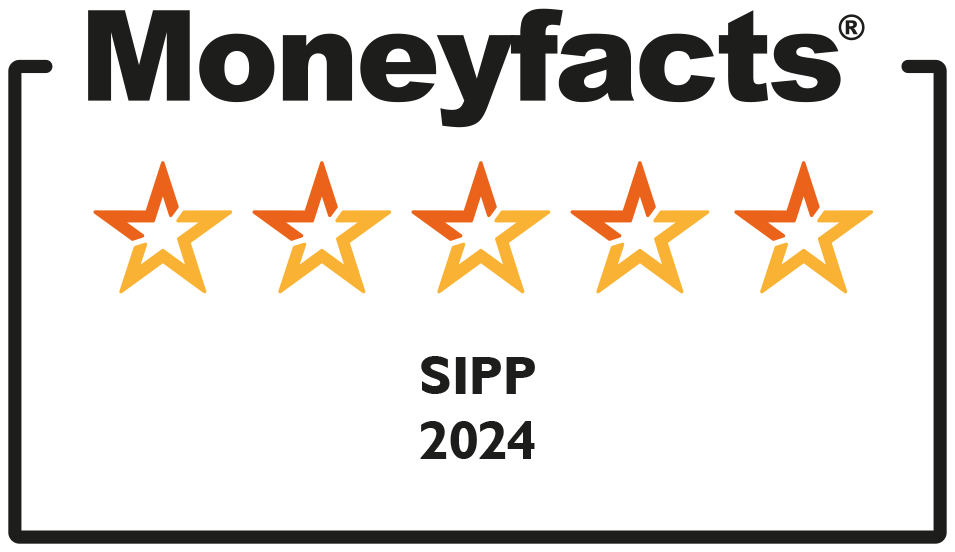4 common types of property your clients can hold in their SIPP
Commercial property purchase is one of the more popular investment choices within our SIPPs. Indeed, only last year, we completed on our 1,000th property purchase.
Even during a global pandemic, we are receiving a steady flow of new purchase enquiries from clients and advisers. While purchase processes have slowed slightly given the current working conditions of the parties involved in a property transaction, we are still regularly completing on purchases on behalf of clients.
Nearly as popular as our SIPPs are the blogs we produce in relation to holding commercial property in a SIPP. In the past, we have tended to look at specific circumstances; unusual property types, what land you can purchase within a SIPP, and what you need to think about when transferring a SIPP or SSAS that holds a property.
This month, we thought we would go back to basics and look at the more day-to-day types of commercial property enquiry that we receive.
Offices
We are often asked to purchase offices on behalf of our clients; either for the clients’ own business or for the property to be occupied by a third party.
Most offices do not cause any issues for SIPP providers, so long as the property passes the necessary searches. There is nothing usual in many of the office purchases we undertake.
However, one thing we often see with office purchases is that there is more than one tenant. Purchasing a freehold property can often lead to the head tenant having more space than they need, so they bring in third parties who can assist with any rental income due to the SIPP.
This can be done in one of two ways:
- Multi-tenanted properties – this is where a property is divided specifically for a tenant on a longer-term basis, for example, different tenants on different floors. This is not necessary the ‘Regus’ approach and the leases should be set for the medium to long term
- Subletting – this is where a lease is granted to one company who has the responsibility of paying the agreed rental amount in full to the SIPP. However, a subletting clause is inserted into the lease allowing the tenant to sublet parts of the property. While each sublet would need to be agreed by IPM prior to proceeding, this does give the tenant more flexibility and allows for shorter term occupation of part of a property as opposed to taking out a longer-term lease.
This approach can be beneficial for companies who may plan to grow their business in the future. It allows them to purchase a property and expand as they wish, but in the short term they can get third parties into the building to assist with the rental commitments.
Shops
Shops are another popular choice amongst our clients. However, in most instances, shops can cause SIPP providers some issues. If you walk down any high street in the UK, you are likely to see that the shop occupies the ground floor and that a residential flat is situated above it.
As most people are aware, SIPPs and residential property do not mix well together. These usually carry a high tax charge for both the initial purchase value and the ongoing rental income when purchased in a SIPP, which sees SIPP providers shy away from these types of investment.
However, it doesn’t mean that the SIPP cannot help at all. Instead of purchasing the entire building, the title of the property needs to be split between the ground floor commercial element and the first-floor residential. This allows the SIPP to purchase a long-term lease interest in the ground floor while a third party, the client personally perhaps, purchases the freehold of the building including the first-floor residential element.
Note that a SIPP would still be caught if it owned the freehold of a building that had a residential element, as residential ground rents would be subject to tax charges. Also, the residential element must have a separate access to the commercial part of the building; this is to ensure that the shop could be sold independently of the residential element in the future.
There are limited occasions where a SIPP can hold a property with a residential element under ‘the caretaker’s clause’ (this would apply for properties such as pubs and restaurants that would require someone on-site around the clock). So, just because a property has a residential element doesn’t mean the SIPP needs to be ruled out, and we can help you to structure the purchase accordingly.
Industrial units
Whether these are large warehouses, smaller workshops, factories, or MOT garages these types of properties are popular amongst our SIPP clients.
Additional consideration needs to be given to these types of properties with regard to environmental searches, as in our experience these types of properties are most likely to fail initial environmental checks.
As part of any purchase process, IPM will need to obtain a satisfactory environmental report. This is because the Environment Agency is actively pursuing contaminated land and, as trustee, IPM has a responsibility that any purchase will not leave the SIPP liable to significant clean-up costs in the future.
Recently, we have been asked to consider purchases of these types of properties from either clients personally or their business, with their business to operate from the premises. This is not an unusual request and can provide several benefits to clients, including:
- Releasing money from the SIPP back to the client personally or their business, in exchange for the property
- If the property is bought from the client’s company, then using the SIPP for the purchase will ensure that the client remains in control of the premises, as opposed to selling to an unconnected third party
- Rent will need to be paid to the SIPP by the tenant, providing usually a decent yield for the SIPP’s investment.
With any connected transaction, this needs to be undertaken on a market value basis, as determined by an RICS surveyor. This means that when the SIPP purchases the property from the client or their business, this must be done at the value as specified by the surveyor in the report.
Also, should the client’s company occupy the premises, market value rent will need to be paid to the SIPP for the use of the building (usually a Corporation Tax deductible expense for the business which is then being paid to the client’s own pension fund).
Here’s a case study to explain more about how group part purchase works.
Land
We have previously looked at the different types of land our clients have asked us to purchase on their behalf. Land continues to be a popular investment choice and the types of enquiries we receive in this regard can vary.
When considering a land purchase, IPM have three main considerations which must be met before we will proceed further:
- The land must have access to a public highway – this is to ensure that the land holds its value as an investment for the SIPP. Landlocked parcels of land are only of value to those who have an interest in any of the land surrounding them
- The land must be income producing – or at least have a plan to be in the near future. It needs to be remembered that for the SIPP this is an investment that needs to generate a yield to demonstrate commercial viability
- No gardens – the residential rules still apply for land as well as properties. Therefore, IPM will need to give careful consideration to any land which is near to a residential building. As with the shop example, we need to be able to sell the land and achieve as close to market value for this independently of any residential element surrounding it.
In some instances, clients looking for premises for their business cannot find exactly what they are looking for. However, they have found a plot of land and know exactly what they would like. The SIPP can help in this instance.
Structural work is often undertaken on properties owned by IPM, from replacing the roof to something more substantial such as constructing a building from scratch. While we can help manage the process, there are several areas to consider when undertaking work on buildings owned by a SIPP:
- Any work that is structural (new windows, an extension, knocking a building down and starting again) must be paid for by the SIPP. This is because this will impact the value of the SIPPs asset and therefore cannot benefit from any outside funding. This will have an impact on the cashflow on any SIPP proposal that is considering this
- The client can appoint whichever builders or specialists they want to undertake the work. However, IPM will need to see estimates of the work before any work is undertaken
- IPM will also require a surveyor’s opinion as to the value of the property once the work is completed. It needs to be remembered that this is an investment for the SIPP and therefore any money spent on the work needs to be reflected in the value of the property once this is completed.
Get in touch if your clients need any help
Although these are examples of some of the more typical purchases we are asked to undertake, we appreciate that no two purchases are likely to be the same.
We also understand that, for all financial advisers, this is an area they are not involved in too regularly. We are happy to help when:
- You are preparing for a meeting with a client who you know wishes to discuss this
- You get a referral from an accountant or solicitor for this kind of work
- A client has had an offer accepted on a property and they’ve now decided they want to do this via a SIPP (this is our favourite one!)
Please get in touch with us so we can help tailor a solution for your client’s circumstances. Email info@ipm-pensions.co.uk or call 01438 747 151.
P.S. Here are some reasons why you should consider IPM for SIPP property purchase



